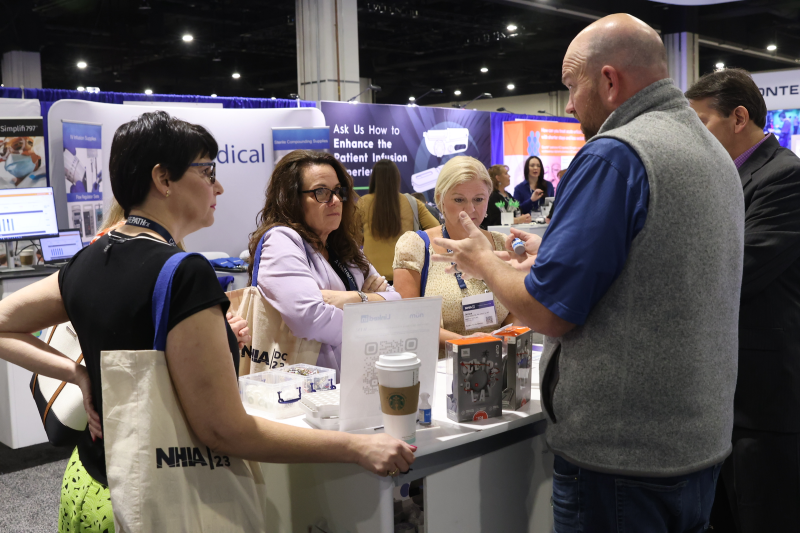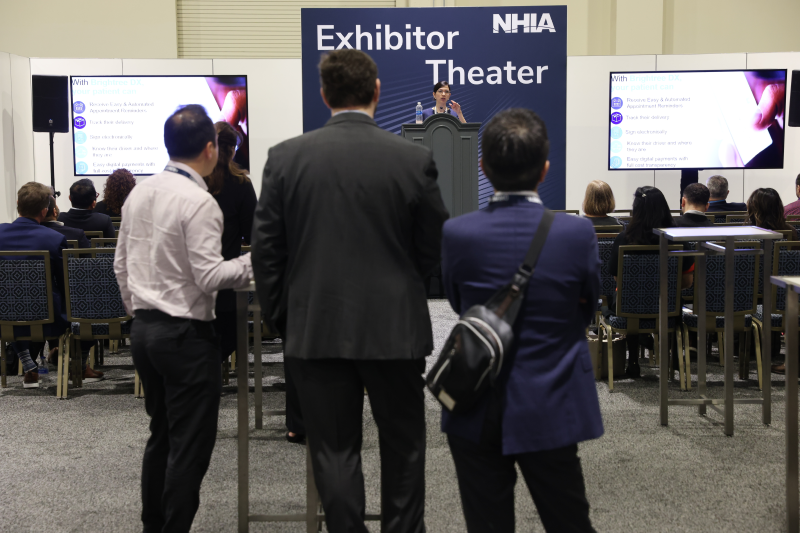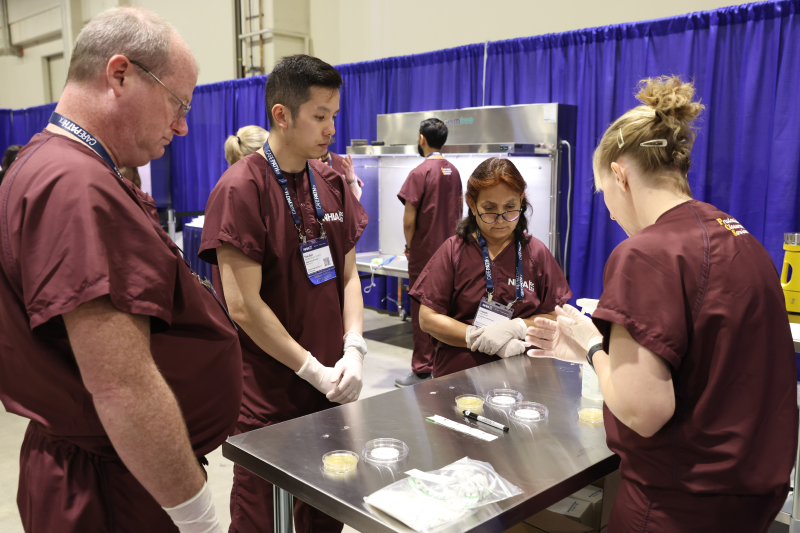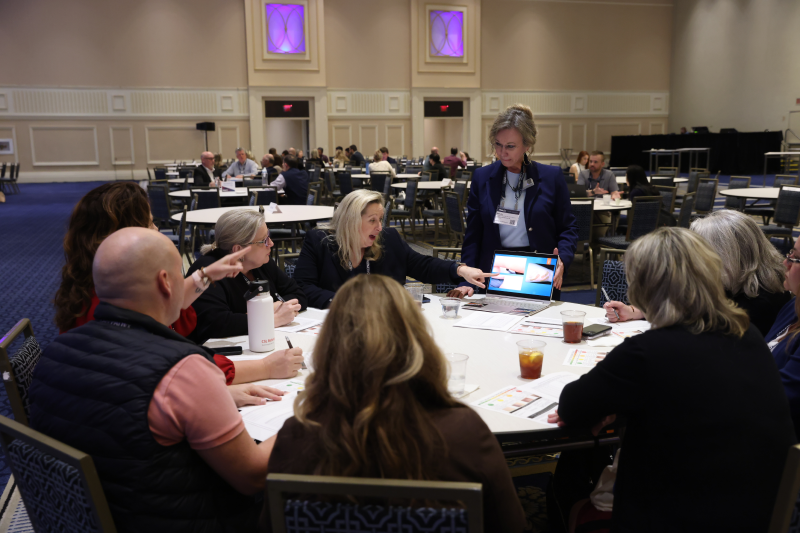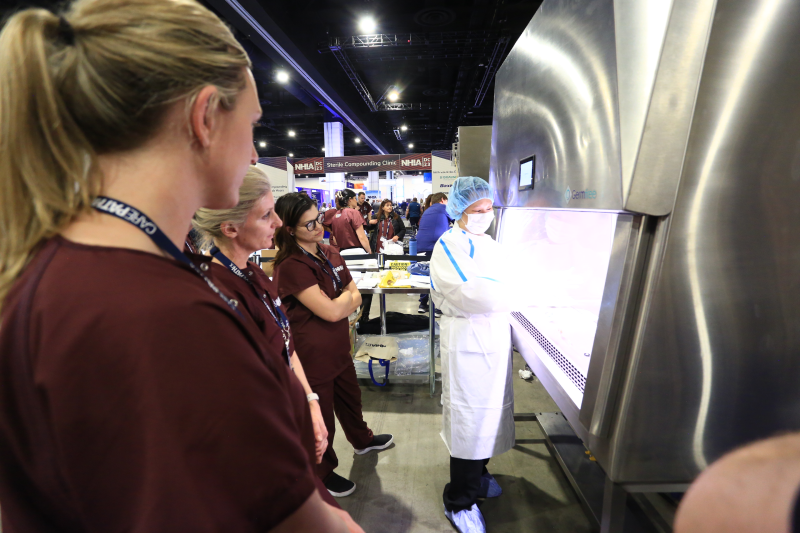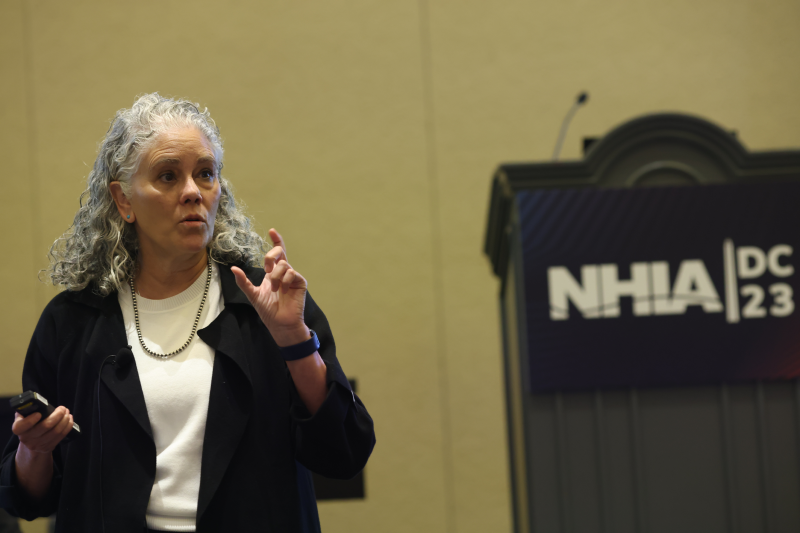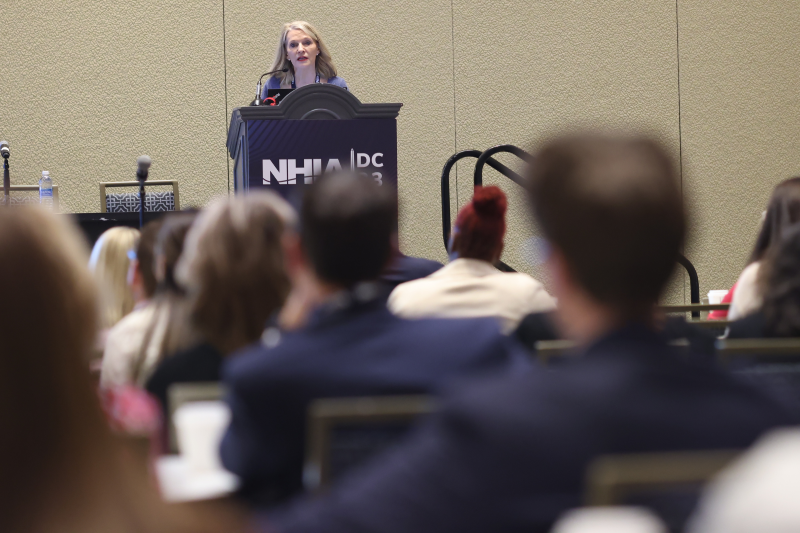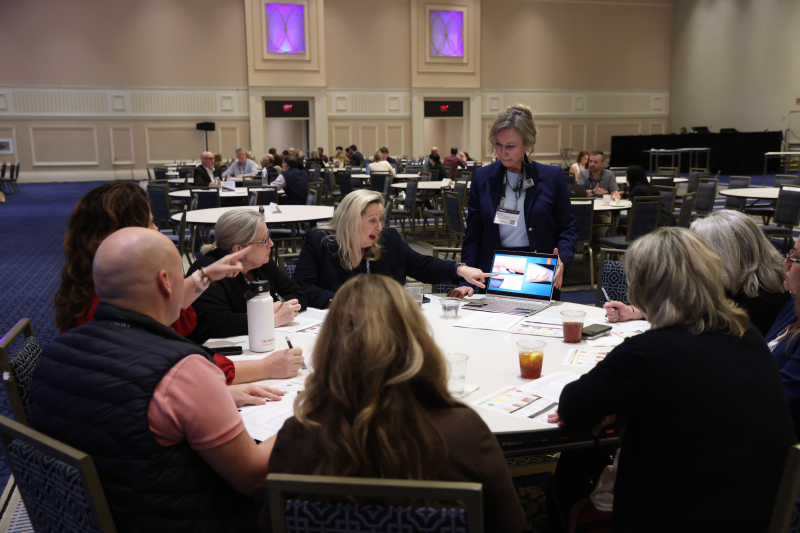Where Are We Headed in Health Care?
These are exciting times for health care, according to General Session keynote speaker Sachin H. Jain, MD, MBA, FACP. Not because everything is working well, but because people are taking a pause and calling our health care system what it is—unsustainable. “We are realizing that acute care isn’t always the best setting and that there are new ways to think about paying for health care,” says Jain, President and CEO of SCAN Group and Health Plan. “We are arguing less about what the problem is and instead discussing what to do about it.”
As health care delivery evolves, the best partners for the home infusion industry will be those that assume full financial risk for patients because they will be more than willing to utilize home infusion to lower costs, according to Jain.
Jain encourages more rapid change, noting that patients don’t have time, and he derides the absence of action-oriented leadership to help transform the health care landscape. “We’ve normalized the low speed of speed of adoption,” he says. But we can make change quickly. “Look at the adoption of telemedicine during COVID. We had been talking about telemedicine for years, and when we needed to do it, we did it in 6 weeks.” Jain kept reiterating that many of the next essentials steps are “common sense” solutions like this.
In the future, Jain hopes health care will focus more on prevention, chronic disease management, and palliative care—and remove friction from providing, receiving and paying for care with administrative simplification. The qualities required for success, according to him, are the right team-based model, right supervision infrastructure, and seamless inter-professional collaboration, which includes pharmacists. “Pharmacists are one of the most underutilized disciplines in health care,” says Jain. “They play an integral role in managing disease and keeping patients out of the acute care setting.”
Special thanks to Inovalon for sponsoring the general session.
Regulatory and Legislative Update
The ever-popular session featuring NHIA’s own Bill Noyes and Shea McCarthy elucidated the latest policy changes that the industry has to consider related to the revenue cycle. This includes immediate and future things to look out for and adapt to related to drug policies in the Inflation Reduction Act, new DMEPOS modifiers, the permanent IVIG services benefit, electronic visit verification requirements, as well as the latest updates on legislative efforts to fix the Part B HIT services benefit and ways to get involved. You can stay apprised of NHIA’s latest advocacy efforts at nhia.org/advocate.
Sterile Compounding
The Sterile Compounding Clinic lab kicked off today as participants got hands-on training in a simulated clean room environment in an exclusive area in the NHIA Expo Hall. Participants alternate between this optional lab time and dedicated education by leading experts in the area. We also gathered a panel of these experts to engage with conference attendees in a special infusion side chat in the afternoon to discuss the finer details of new USP standards.
NHIA also announced its upcoming Sterile Compounding Advanced Certification Training (ACT), which will be available via NHIA University in the coming months and will be the definitive training for USP <797> designated persons and standards compliance as well as prepare pharmacists and technicians for sterile compounding certification exams.
Elsewhere Around NHIA 2023
These highlights are just a small glimpse at all the action that took place Monday. With two full hours of education sessions across 5 learning tracks, plus the exclusive sterile compounding education; three 30-30-30 sessions examining a central topic from three unique perspectives across hard-hitting 30-minute segments, 46 different roundtable discussions to choose from taking place in 30-minute blocks, as well as 4 infusion side chats – we had something for everyone and then some more.
The Expo Hall also featured multiple sessions in our revamped Exhibitor Theater, hosting talks featuring the expertise of solutions providers from the show floor. The show floor was bustling today as attendees grabbed lunch and learned about the latest products and services available to help improve productivity, patient safety and efficiency.
We closed the night with a fundraising event recognizing and supporting the great work of the National Home Infusion Foundation as well as its year-round supporters, including Integrated Medical Systems for the NHIA Fellow Program, Brightree for the Benchmarking program and Baxter for Infusion Journal. The Foundation Celebration featured two flair bartenders serving up refreshments in style as well as food stations and was a night to remember with passionate people supporting a great cause.

